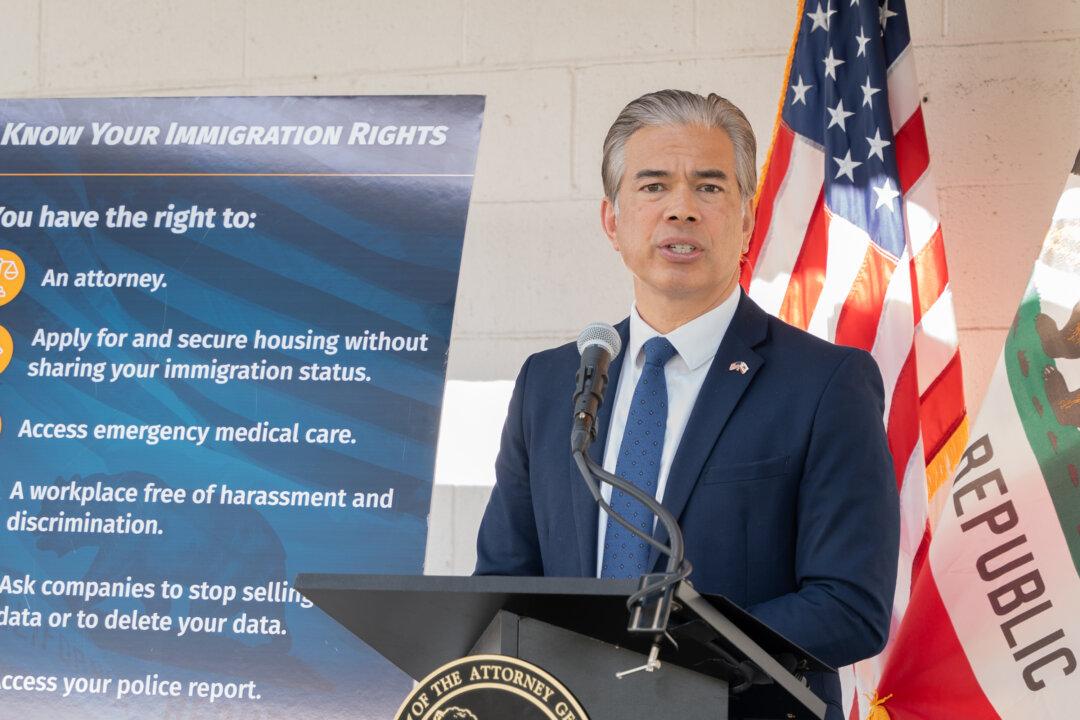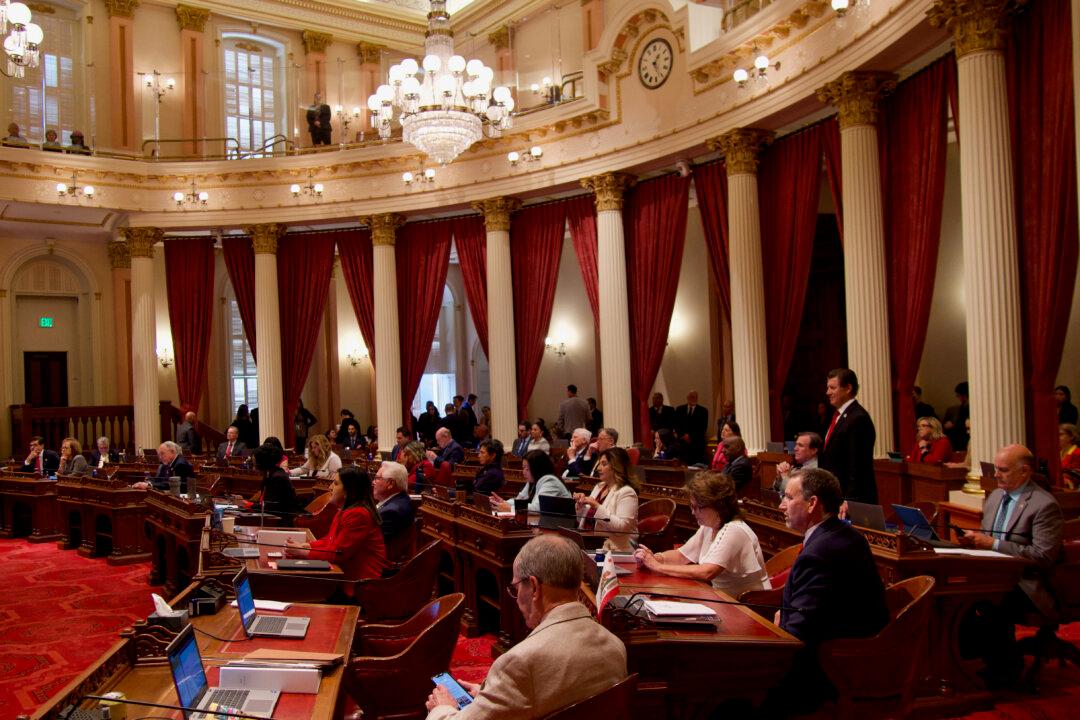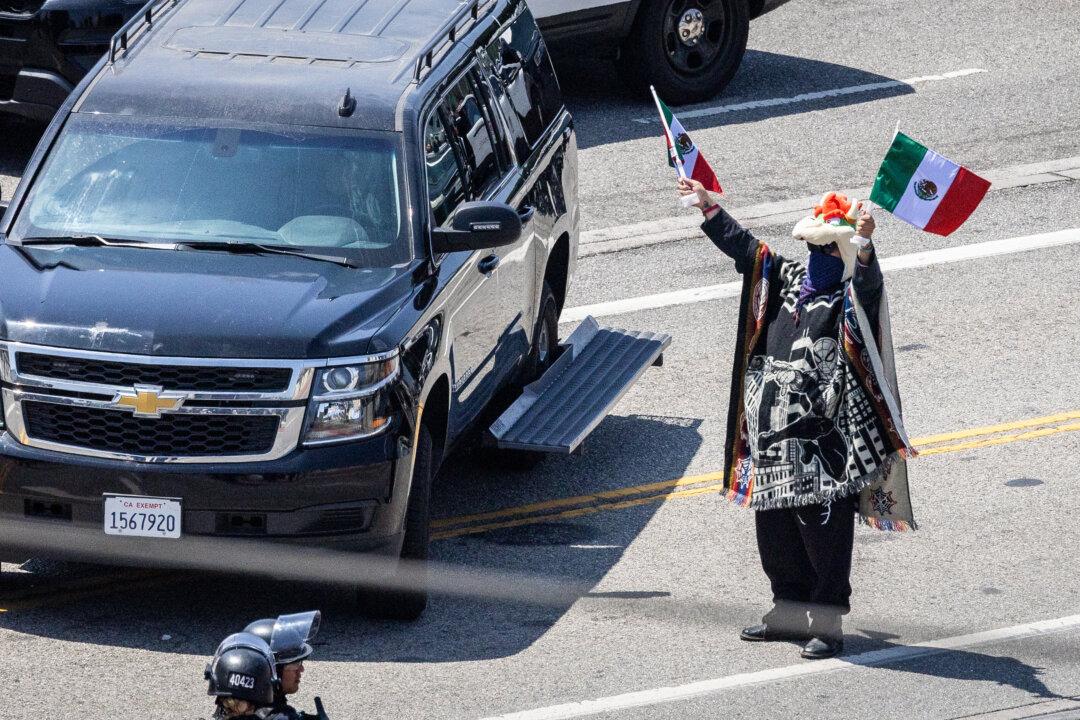SAN DIEGO—California Attorney General Rob Bonta on Jan. 24 met with rights groups and activists in San Diego to discuss guidance for immigrant communities, as part of what’s been called the state’s “Trump-proofing” efforts.
The meeting was the fifth and final event in a series hosted by Bonta across the state starting last year in a campaign to inform communities about California law amid the Trump administration’s policies on illegal immigration.




